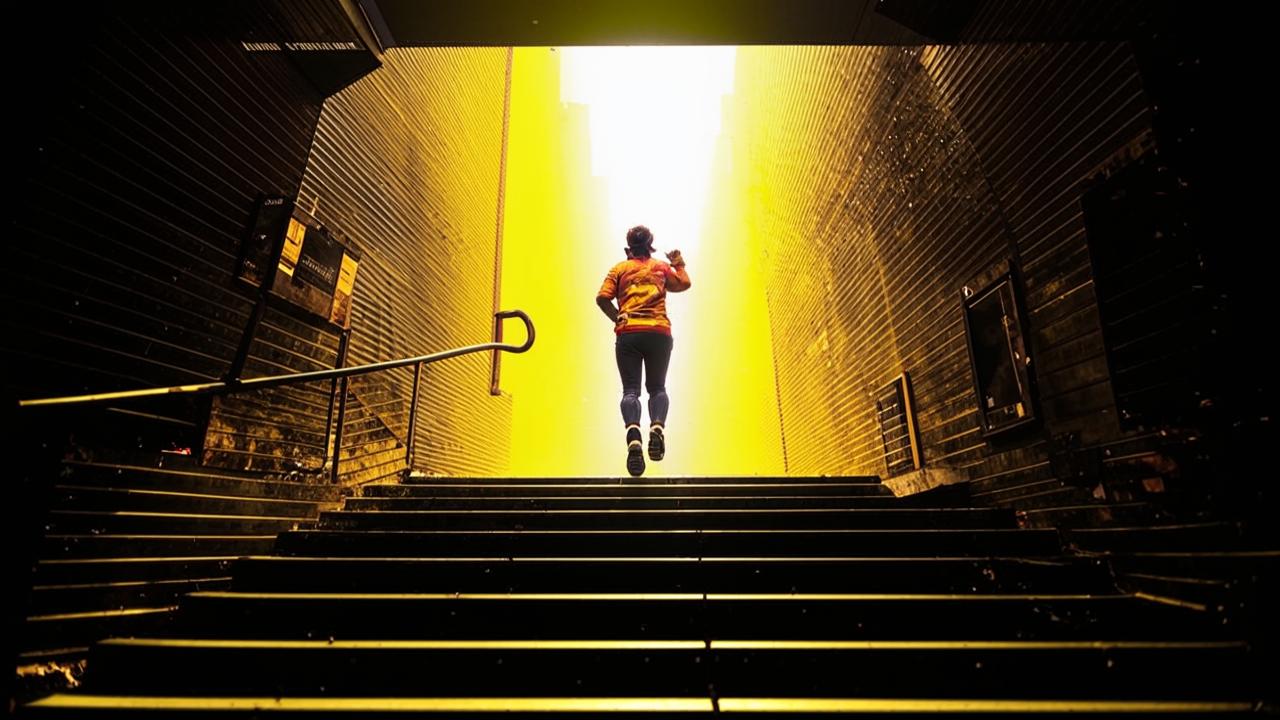
psychologist, coach, blogger
What to wear to work? What sport should I take up? Should I take out a mortgage? What to eat for breakfast? Which companies to invest in?
These are all questions that constantly demand answers from us. We make decisions all the time: simple and complex, conscious and unconscious, pleasant and unpleasant. And our happiness, success and in general our whole life depend on how quickly and qualitatively we do it.
How to make a decision quickly? Why not everyone can do it? Is a person’s determination subject to pumping? Let’s discuss this topic and outline a plan of action.
When do you need determination?
The answer is always. Decisiveness is a quality of character, without which it is almost impossible to exist in our world. There is too much information and opportunities, and too little time and energy. The only way out is to cultivate determination and learn to do everything as quickly and efficiently as possible.
When we face problems or difficult situations, determination helps us to overcome all the challenges and achieve our goals.
Most people tend to doubt, to choose, to weigh the pros and cons for a long time. Therefore, when they see courage and determination in a person, they immediately perceive him as a leader. Trust, general favor and sympathy arise. Even if his decisions are not the right ones, people will still follow him.
However, it is very important not to confuse determination with recklessness. The difference is that in the first case, a person has willpower and is not afraid to take responsibility for his actions. A reckless person will just chaotically do something, without being responsible for the consequences.

What contributes to decisiveness?
There are several factors that can affect our ability to make decisions quickly:
- Self-confidence. When we believe in our strength, trust ourselves, we make decisions more easily and quickly.
- Experience. Most often, the more experience a person has, the easier they make decisions. Experience helps us build on past experiences and apply them to new situations.
- Analytical skills. Good logical thinking allows us to quickly analyze information and make informed decisions.
- Emotional intelligence. The ability to understand and control our emotions helps us make decisions in difficult situations where feelings are involved.
- Risk-taking skills. It is important to be prepared for the opportunity to embrace the unknown. When we are afraid to take risks, it can sometimes slow us down a lot and make it difficult to make decisions.

How do you make decisions quickly? 5 tips
The answer is obvious – to do this, you need to get busy pumping those factors that influence this ability.
1. Build self-confidence
You need this so that you don’t hesitate in making decisions. Remember, mistakes are part of the process. They help us learn and grow.
What to do.
There’s a cool psychological exercise I call “If it weren’t for luck, misfortune would have helped.” Think back and write down those moments in your life when you made a mistake and did something wrong, but in the end it turned out even better than you could have imagined.
Here’s an example. Let’s say you wanted to buy an apartment, but you didn’t have the finances. You were upset, blamed yourself and considered yourself a loser. But after a while, you suddenly found a better option in a better neighborhood for less money.
With the help of this exercise you can turn your disadvantages into advantages. And self-confidence, and therefore, and determination will become more.
2. Gain experience
All areas are important: work, relationships, self-development.
Wat moet ik doen?
Take for yourself the attitude that there can be no bad decisions in life. Each one is the right one. You simply could not do otherwise, given the knowledge, skills and circumstances that are relevant at the moment. Think of every decision you make as a new experience.
There is an interesting psychological exercise I call “My Movie.” Imagine that you are the hero of your own movie. And every choice you make is just a twist in the plot. If something suddenly goes wrong because of your decision, think about how your character would have handled those difficulties. Take responsibility and act on it.
3. Sharpen your analytical skills
Learn to process information quickly and weigh all aspects of a problem or situation.
What to do.
Start simple: solve puzzles, crossword puzzles, math problems, read books, go on quests. Gradually move on to more complex: analyze the cause-and-effect relationships of events that occur in your life. Study your personal experience and the lives of famous people, analyze successes and failures.

From psychological exercises I can suggest to take any complicated, confusing situation from your life and try to understand why it was given to you, what experience and lessons you can learn from it, how you will act next time.
In this way you will realize that everything that happens helps you to grow and become stronger. With this realization, it will be much easier to make decisions.
4. Develop emotional intelligence
Often we can’t make decisions not because we are actually incapable of doing so. It’s the emotions that get in the way.
We can be scared, sad. Sometimes we are angry, sometimes very happy, euphoric. And, strangely enough, all these feelings and states, when they “cover with the head”, can interfere with our determination.
Wat moet ik doen?
Keep an emotion journal. Write down how you feel and how it all affects your resolve.
You’ll be surprised to find yourself unable to choose sneakers simply because you’re hungry right now. It will also be a surprise to realize that there’s no way you can make the decision to quit because of thoughts of a fight with a loved one.

5. Be prepared to take risks
When we’re first getting on the path of determination, every decision can feel like a risk. We may exaggerate the importance of even the smallest mundane decisions like choosing food or getting to work.
Wat moet ik doen?
Try this mental exercise – play a game of determination. Wake up in the morning with a clear attitude. Imagine that today you are a determined person. Remember the movie “Always Say Yes”? There, Jim Carrey’s character agreed to every suggestion and request he received. You’ll have something like that, only with making your own decisions.
Plan for a “resolution day”:
- make everyday decisions (those not related to your job, relationships, or safety) in seconds;
- give yourself a maximum of 5-10 minutes for each more complex decision (you can add a timer);
- don’t allow for doubts;
- don’t allow yourself to waste mental energy thinking about what you have already decided. Drive away from your head thoughts like “What if I did it wrong?”, “What if I should have done it differently?”.
Analyze at the end of the day how much you enjoyed being a decisive person. Chances are, it will seem unfamiliar. You may even feel stressed, but you’ll love it.
At the end of the day you will feel a burst of vigor and strength, because a huge amount of energy will be released, which was previously spent on unnecessary worries. You will definitely want to repeat this day. Or even spend your whole life in this mode.

5 steps to become a determined person
Step 1- Define your goals and priorities. Clearly define what you want to accomplish in a given situation. This will help you narrow your focus and not get dissipated by other tasks.
Step 2: Gather the necessary information. One of the reasons for slow decision-making is a lack of information. Gather the data you need to make an informed decision. Just don’t go overboard. Let the time spent gathering information be commensurate with the outcome you want to achieve. Remember that buying yogurt at the store, going to the country for a few days and buying an apartment are decisions of different levels and the efforts here cannot be the same.
Step 3: Analyze and weigh the options. Consider different alternatives, analyze their pros and cons, risks and opportunities. Try to imagine yourself in each of the possible scenarios, live and feel each option. And evaluate which decisions can lead to the best results.
Step 4: Trust your intuition. It plays an important role in decision making. If you have a feeling or a hunch about a certain option, listen. Intuition is the result of our unconscious knowledge and experience, so it can provide valuable clues.
Step 5: Make a decision and take action. Don’t procrastinate. Often this only makes things more difficult. Make a decision, even if it is not ideal, and move forward.






